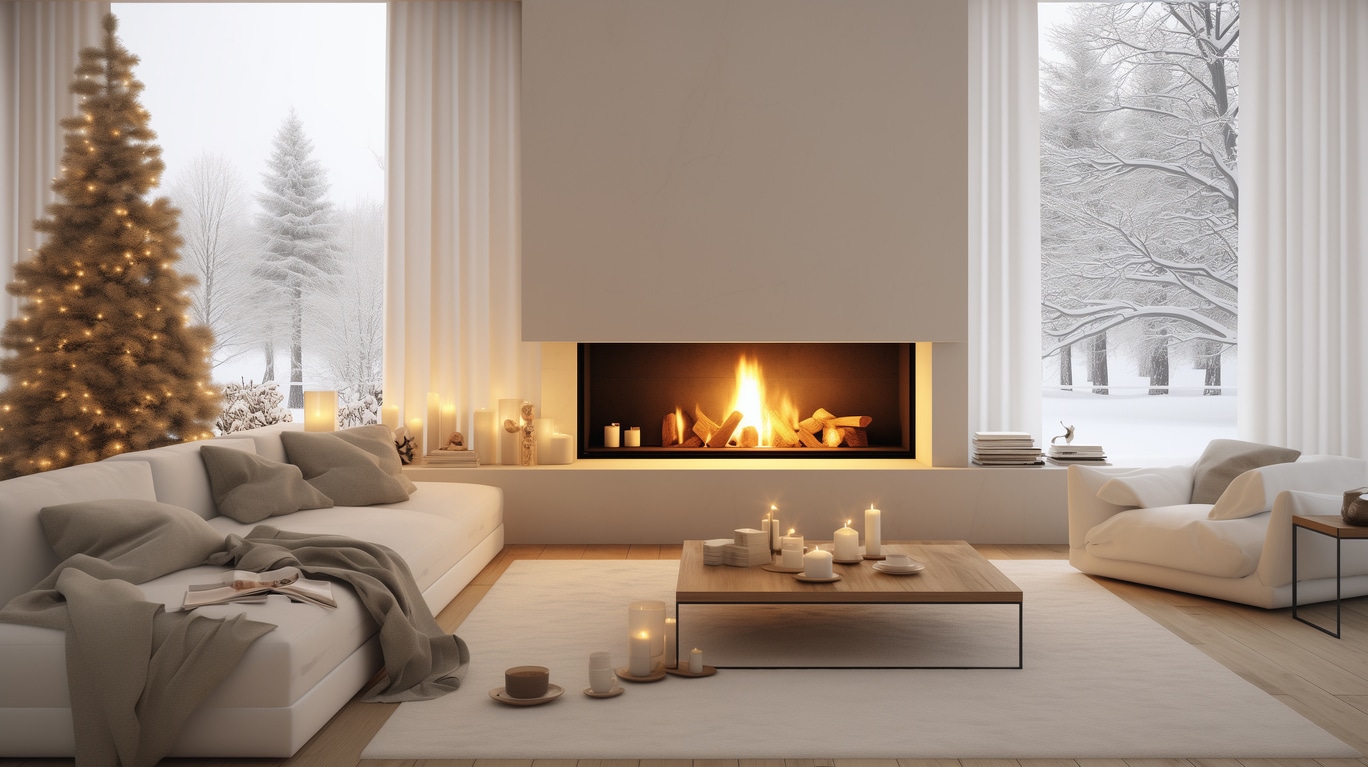
Short for “Indoor Air Quality,” IAQ can be an all-season issue inside many homes. However, the winter season is especially likely to make the quality of your home’s indoor environment less healthy than at other times of the year. One main reason speaks for itself: During the season of cold weather, we tend to spend more hours per day indoors. Therefore, in winter, we inevitably incur more exposure to indoor pollutants daily.
A homes heating system, fireplace, stove, and dryer may contribute to the level of pollution inside an enclosed house. And, since most people keep doors, windows, and other sources of fresh air closed to prevent heat loss in winter, indoor air may naturally stagnate as indoor pollutants become more prevalent.
How IAQ is affected during cold weather:
- Gas-fired furnaces, fireplaces, unvented space heaters, kerosene heaters, burning candles, smoking, stoves, and hot-water heaters can contribute sources of airborne pollutants caused by combustion.
- Airborne particulate matter accumulating inside homes range from dust, pollen, mold spores, and pet dander to insulation particles, fibers from clothing, and carpeting.
- Vapors such as ozone, nitrogen dioxide, carbon monoxide, and fumes from paint and pesticides can also rise to levels that degrade the healthy indoor environment.
What you can do to improve IAQ:
- Replace the home’s HVAC air filter regularly, per advice from your HVAC contractor. Install a quality, pleated polyester or cotton air filter with a MERV (Minimum Efficiency Reporting Value) between 8 and 15 for best results.
- Brush and bathe pets to minimize dander.
- Run exhaust fans in the kitchen and in the bathrooms when cooking or bathing.
- Vacuum rugs and carpeting regularly and make sure you change the vacuum dust bag frequently.
- Reduce indoor humidity where possible. If necessary, utilize an indoor dehumidifier.
- Store paints, glues, and pesticides outside of the living areas of the house, preferably in a garage or outdoor enclosure.
To clear the air in winter and improve your IAQ, ask the air-quality experts at Jackson & Sons for more information.